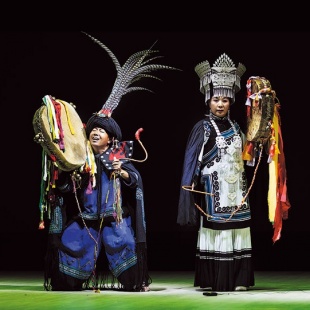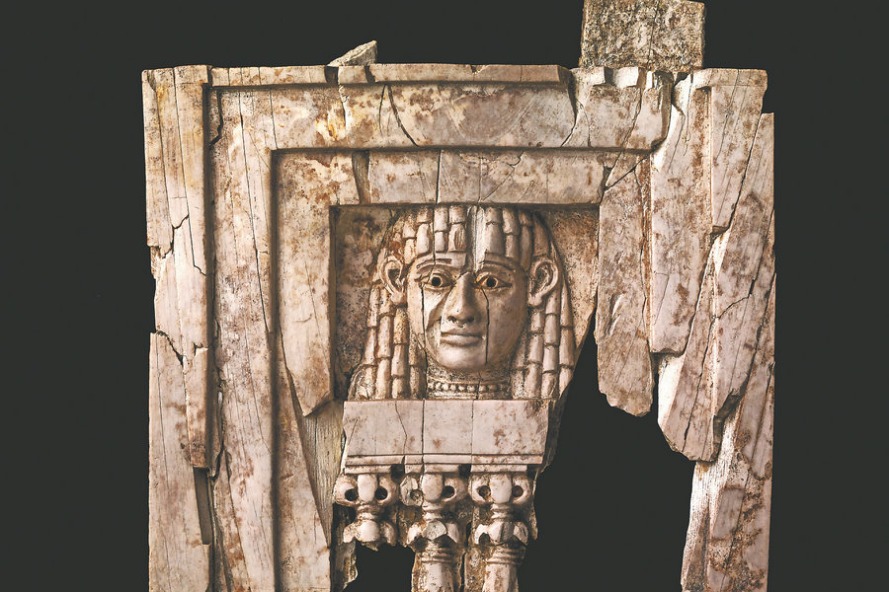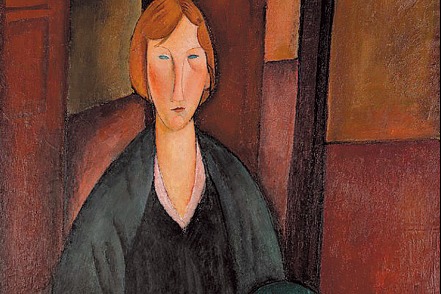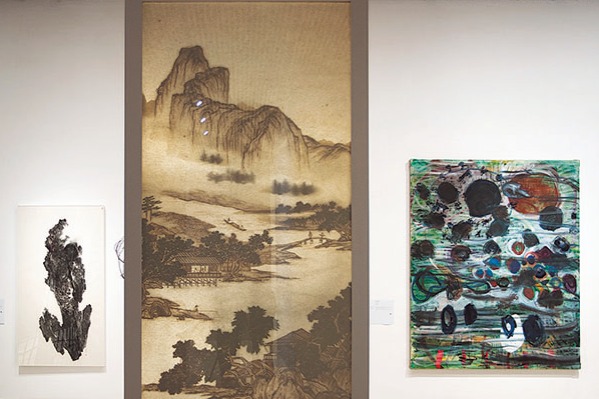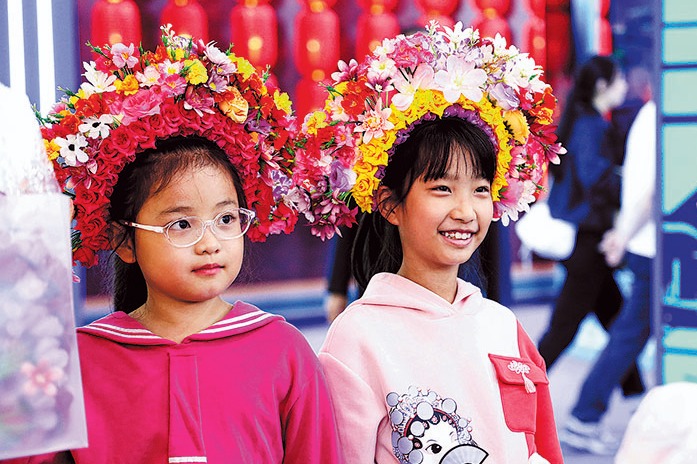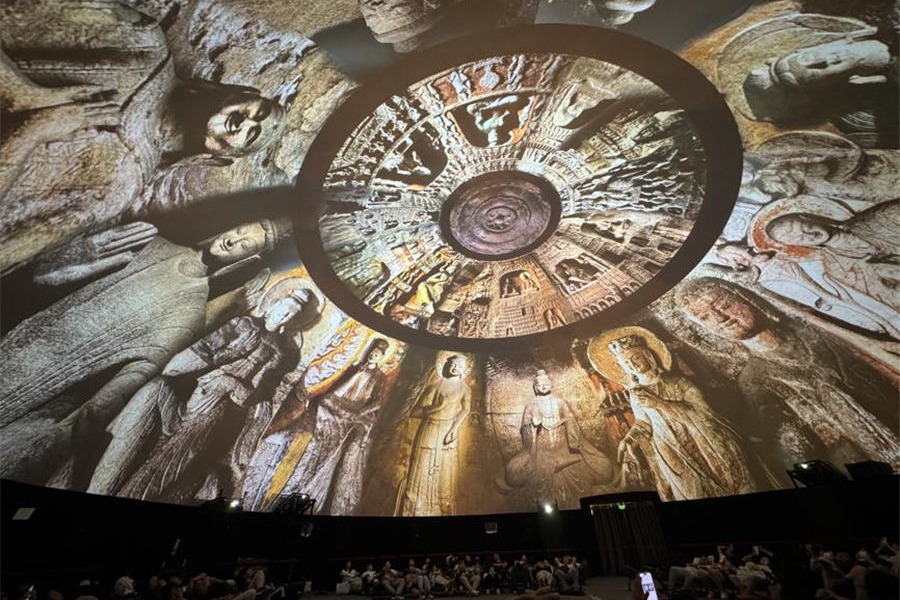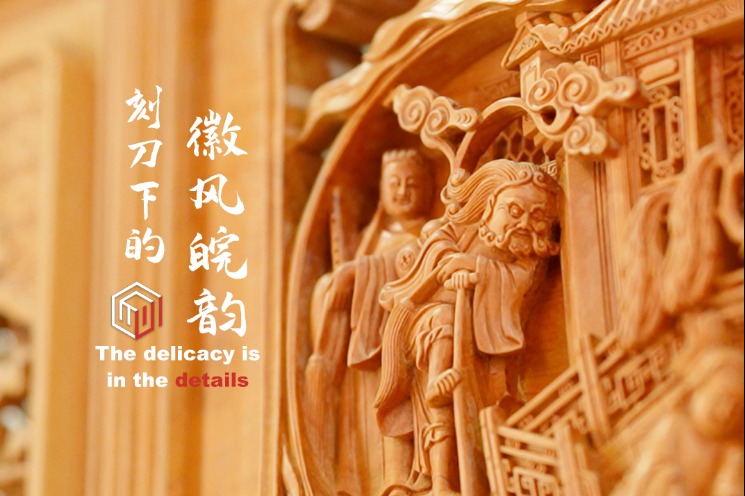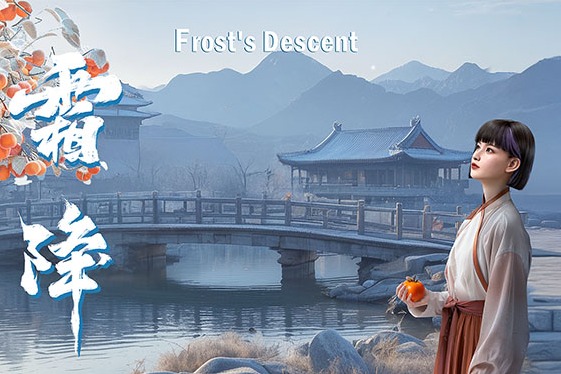Conducting an artistic dialogue


Tan Dun hosts Hong Kong music festival to engage younger audiences and offer emerging talent a springboard to the global stage, Chen Nan reports.
Award-winning composer Tan Dun has made a unique mark on the world music scene with creative work that bridges Eastern and Western traditions, as well as pushes the boundaries of classical music.
His latest project, the Tan Dun WE-Festival, which is curated by the musician himself, is taking place at the Hong Kong Cultural Centre until Sunday. It is divided into three main parts and brings together musicians, singers, composers, dancers and ensembles from the Chinese mainland, Hong Kong and the world.
"The festival aims to engage audiences in artistic dialogues that explore 'old and new', 'East and West' and 'you and me'," says Tan, who is also a UNESCO Global Goodwill Ambassador and Hong Kong's Cultural Promotion Ambassador. He adds that he envisions the festival as a valuable platform for emerging artists to propel their careers onto the global stage.
The festival will start with a dialogue between Tan and renowned choreographer Yang Liping about their personal experiences of growing up in Hunan and Yunnan provinces respectively, as well as their artistic journeys.
Born and raised in a village in Central China's Hunan province, Tan graduated from Beijing's Central Conservatory of Music and later moved to New York to further his music studies. Many people know the composer from his soundtrack for director Ang Lee's Crouching Tiger, Hidden Dragon, for which he won an Academy Award in 2001. He has also scored music for global events such as the 2008 Beijing Olympics, and was commissioned by Google and YouTube to write the Internet Symphony No 1, which premiered in October 2008.
Born into a Bai ethnic group family in Dali, Yunnan province, Yang achieved fame thanks to her 1986 award-winning dance piece, Spirit of the Peacock, which was inspired by the lithe and graceful hand movements of a dance imitating birds. She has performed at grand theaters and festivals in China and abroad, and has won a number of awards for her theatrical productions, among them Dynamic Yunnan and Tibetan Myth.
"We share very similar backgrounds, since we both grew up in rural China and started with the most original and primitive materials that had a great impact on us as we grew up," says Tan.

The first show is titled Opera and Dance Theatre, and features an opening piece, Shaman Tea Ritual, which is based on the ritual music and dance of the ethnic groups that Tan encountered during a field trip to Yunnan.
A dance theater production, The Rite of Spring, which is choreographed by Yang and based on the orchestral piece by renowned Russian composer Igor Stravinsky, will also be staged, echoing Tan's work. It combines the philosophy, symbolism and aesthetics of the East, and breathes new life into the century-old masterpiece by Stravinsky, giving it an Eastern perspective.
Two mini-operas, both composed by Tan, Deer of Nine Colors and Heart Sutra, will also be staged. Under the baton of Tan, young Hong Kong pianists Rachel Cheung and Tsang Hinyat will perform with the New York Bard Percussion Ensemble. Tan now serves as the Dean of Bard Conservatory, which is affiliated to the Bard College Conservatory of Music.
Young Hong Kong soprano Candice Chung will sing in Cantonese, while folk singers will perform in Mongolian and Tibetan in this cross-regional arts collaboration.
According to Tan, Chung will play four different roles in his operas, which will display the talents of the young musician. He also adds that he decided to let the singer perform in Cantonese because he loves Yueju Opera.
"In Yueju Opera pieces, a performer is also capable of performing different roles in one production, even crossing genders," Tan says.


